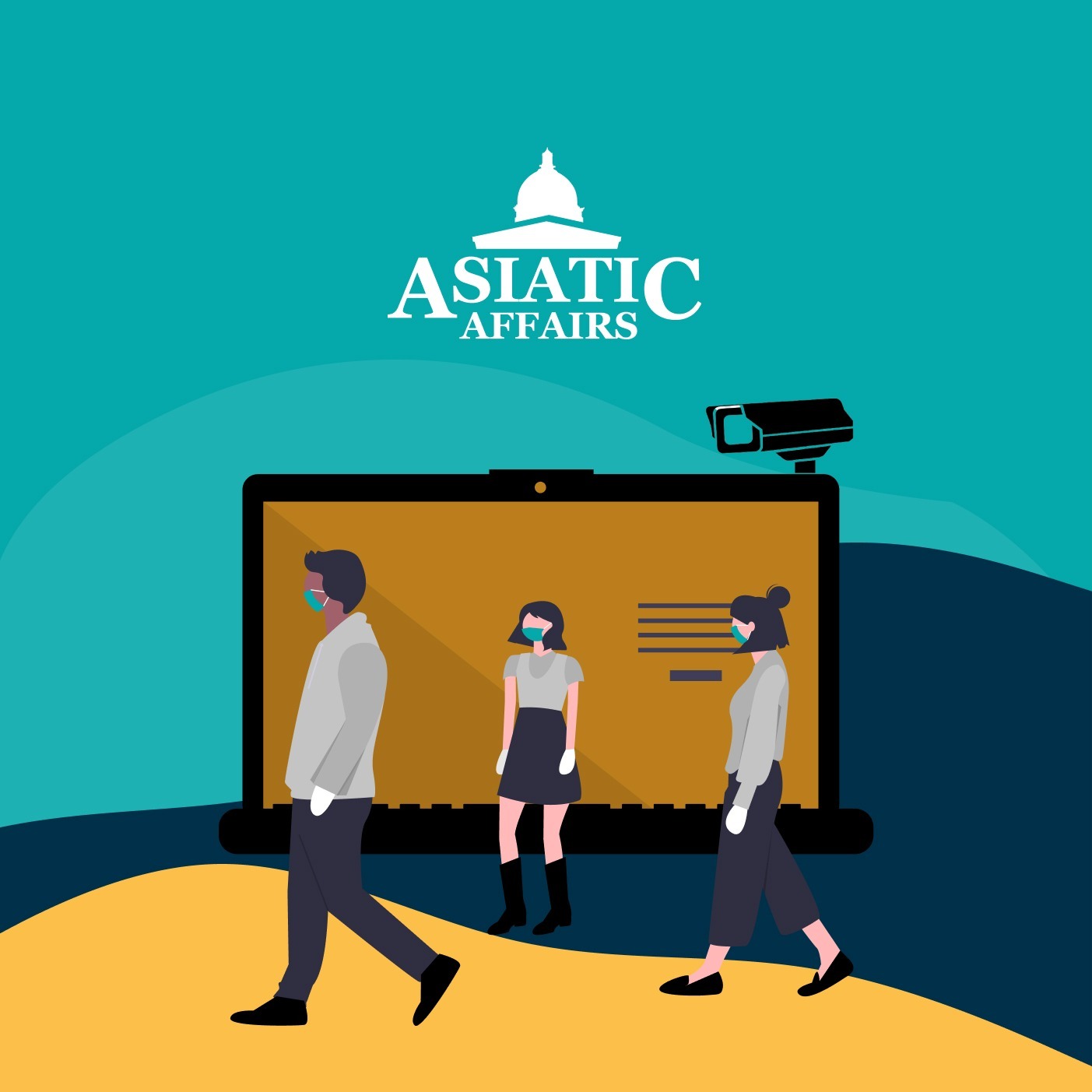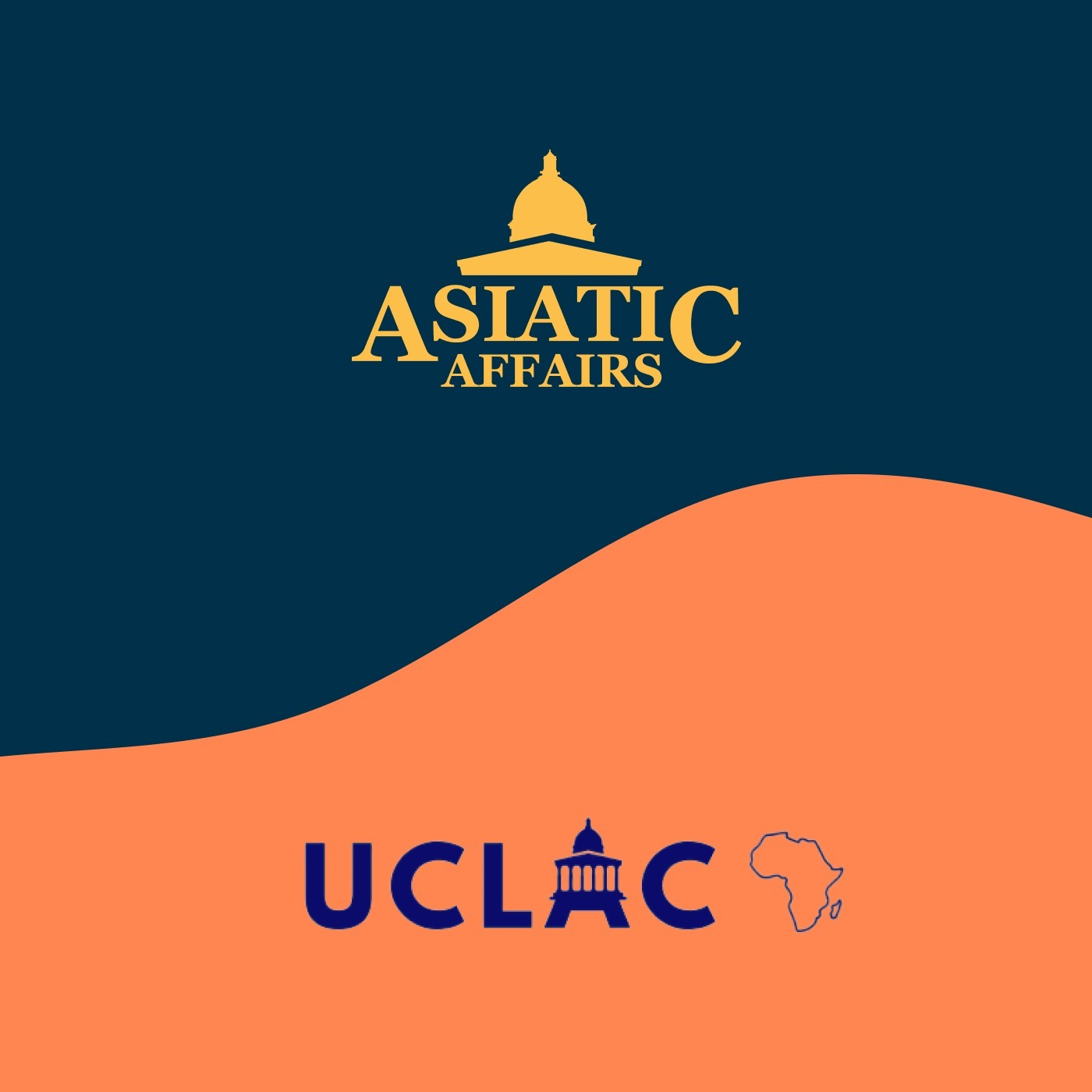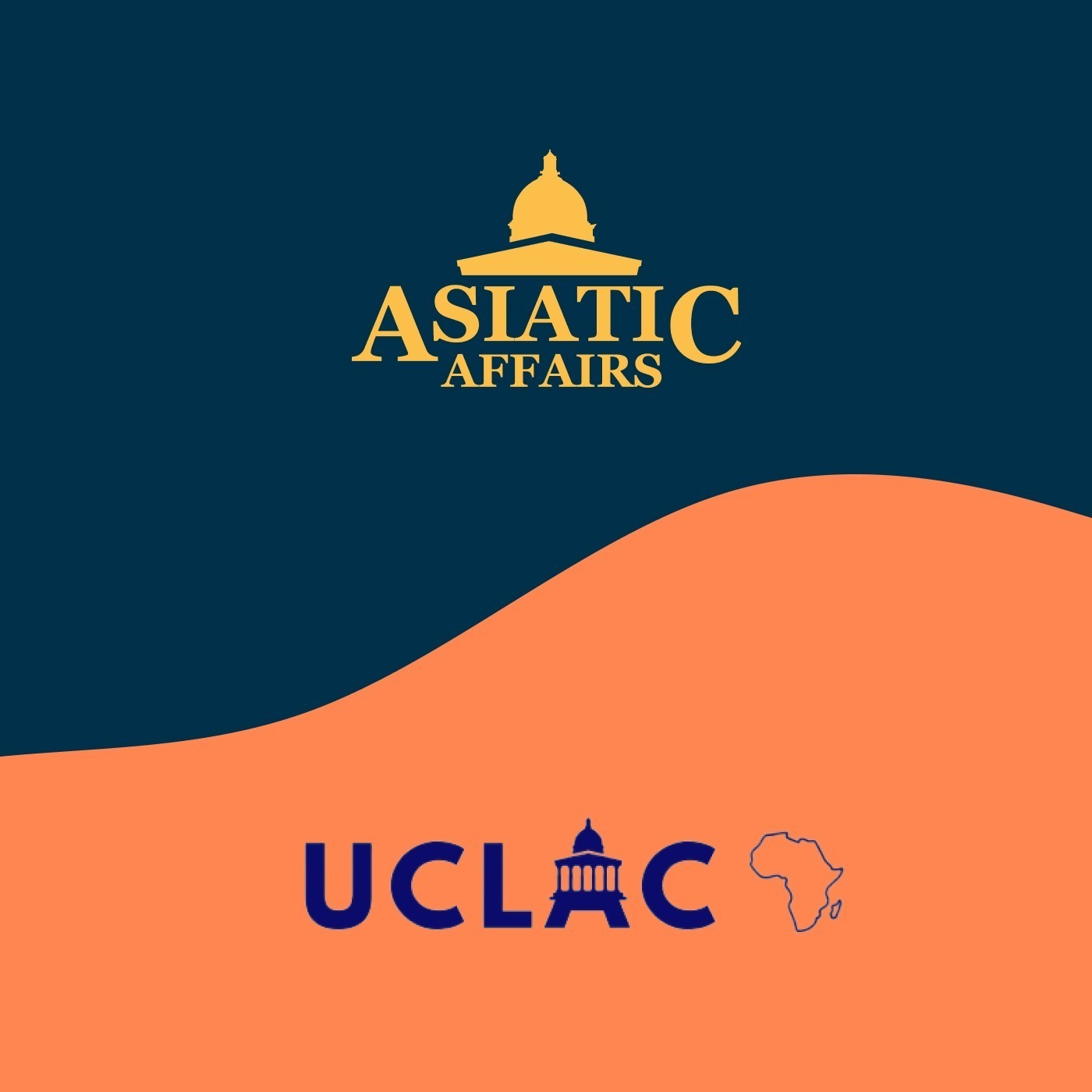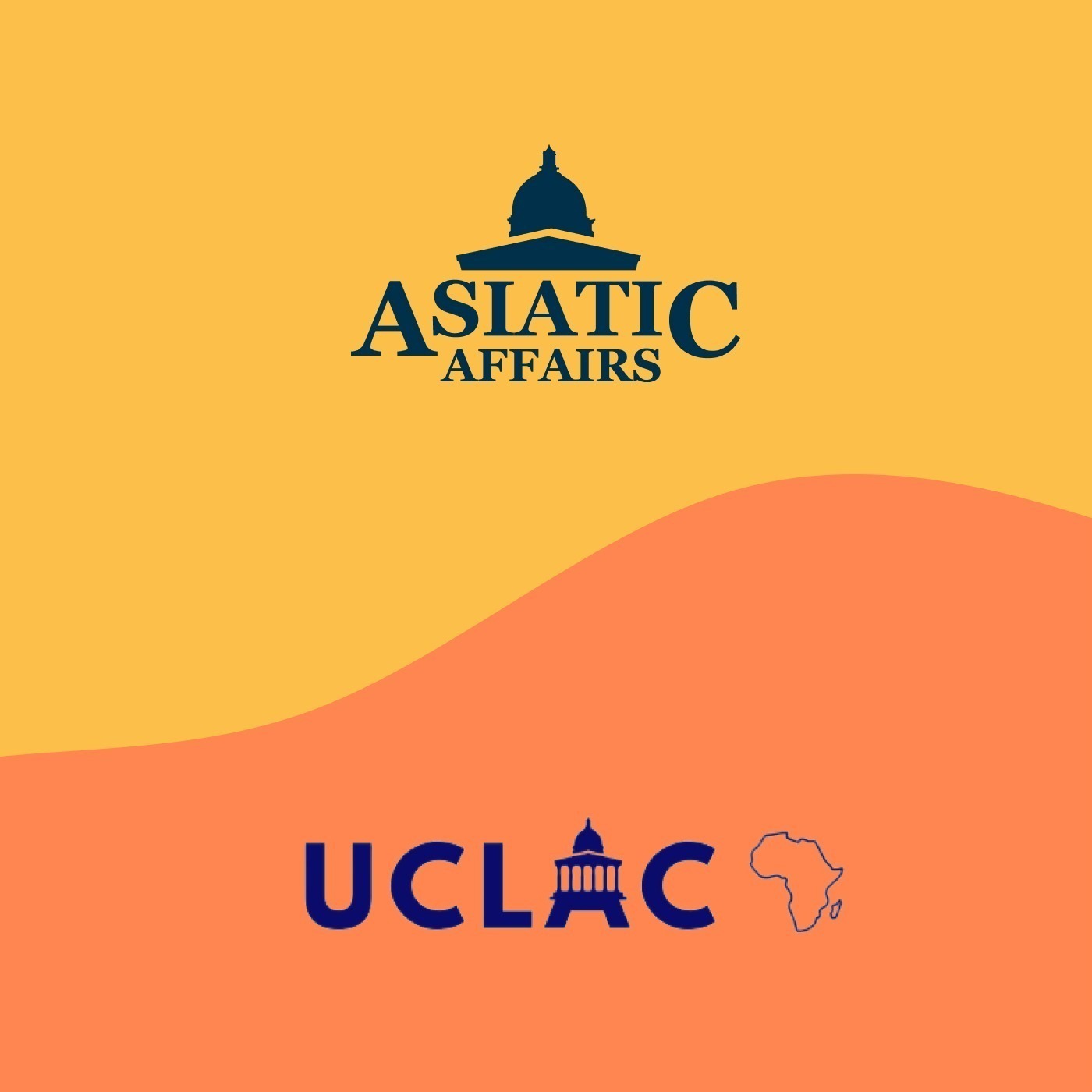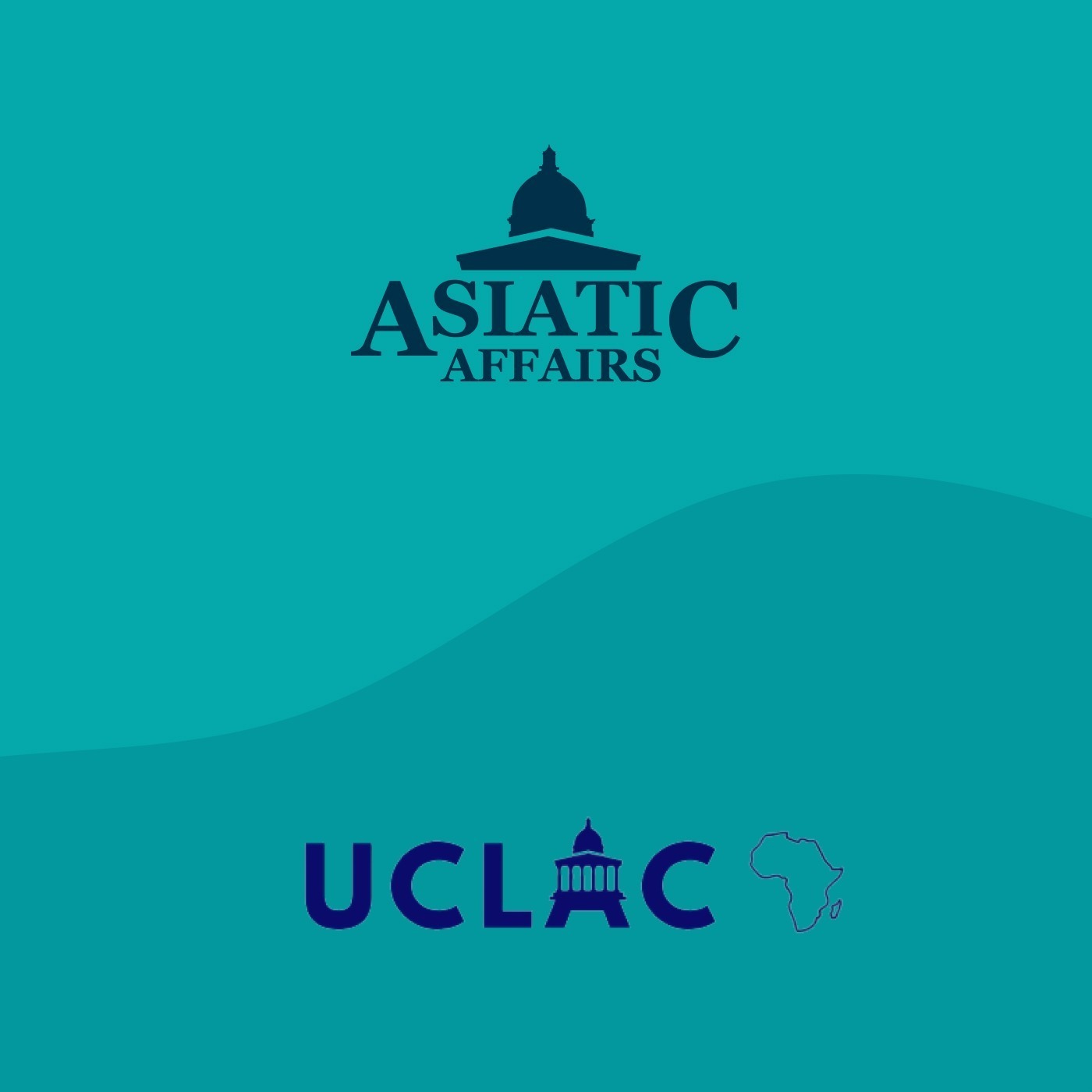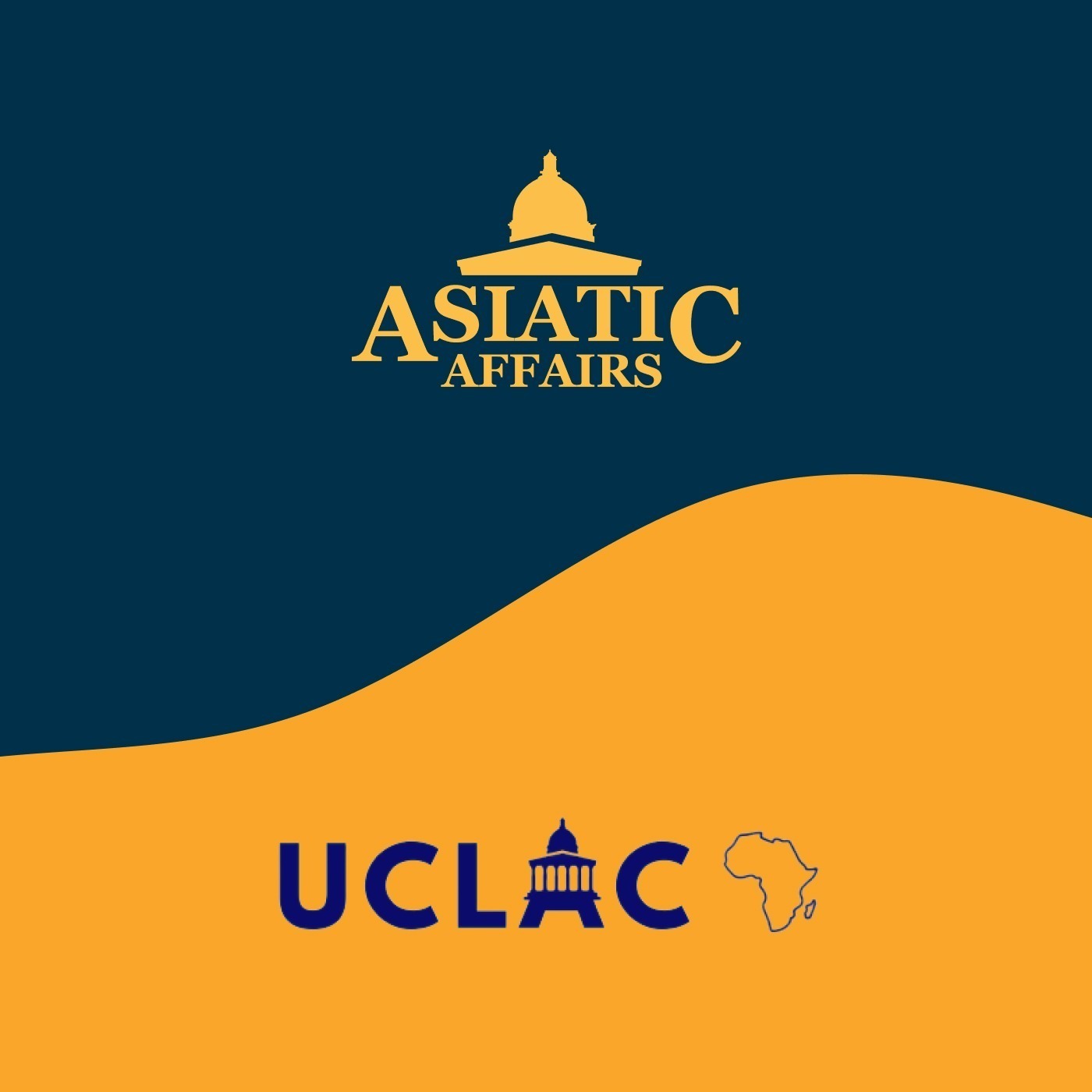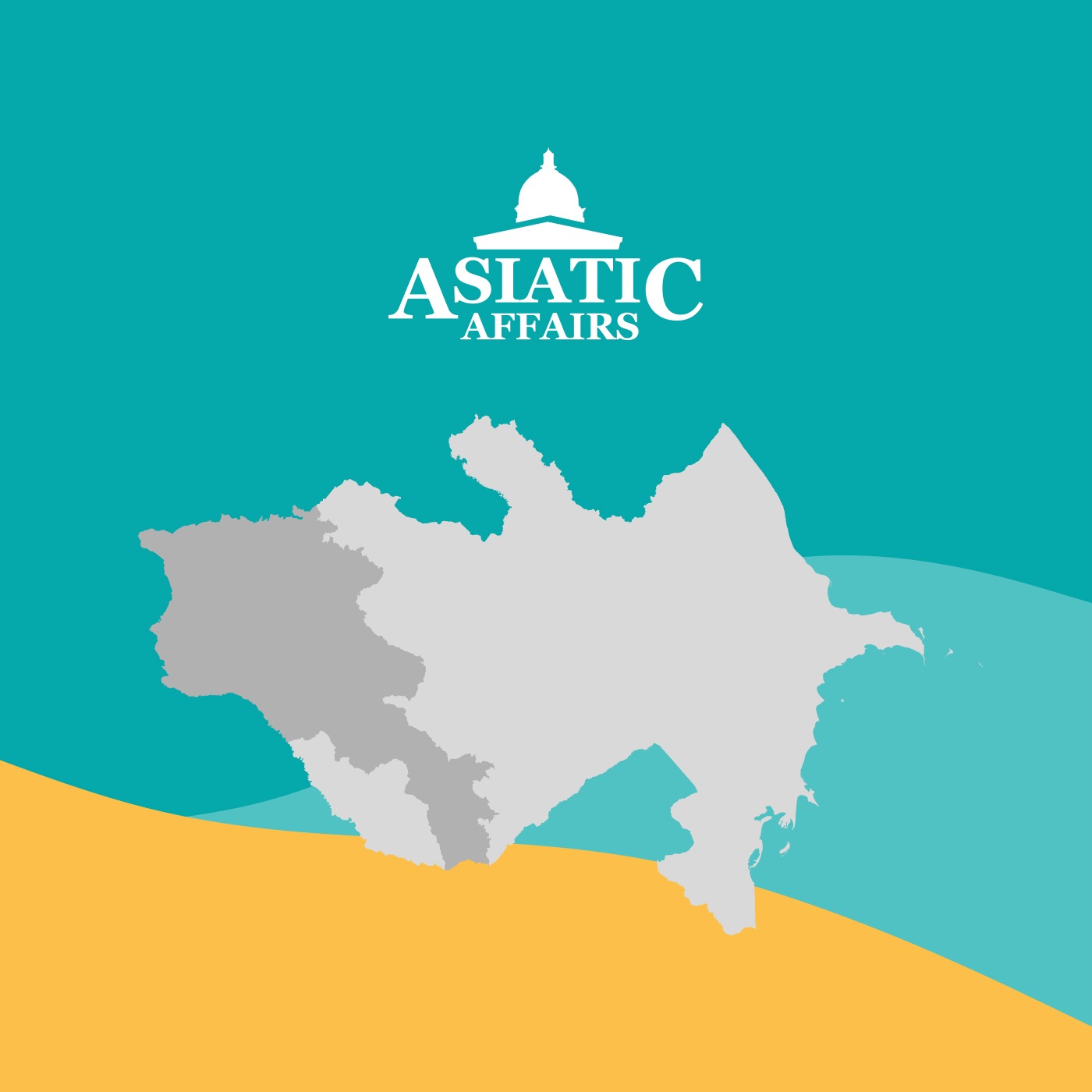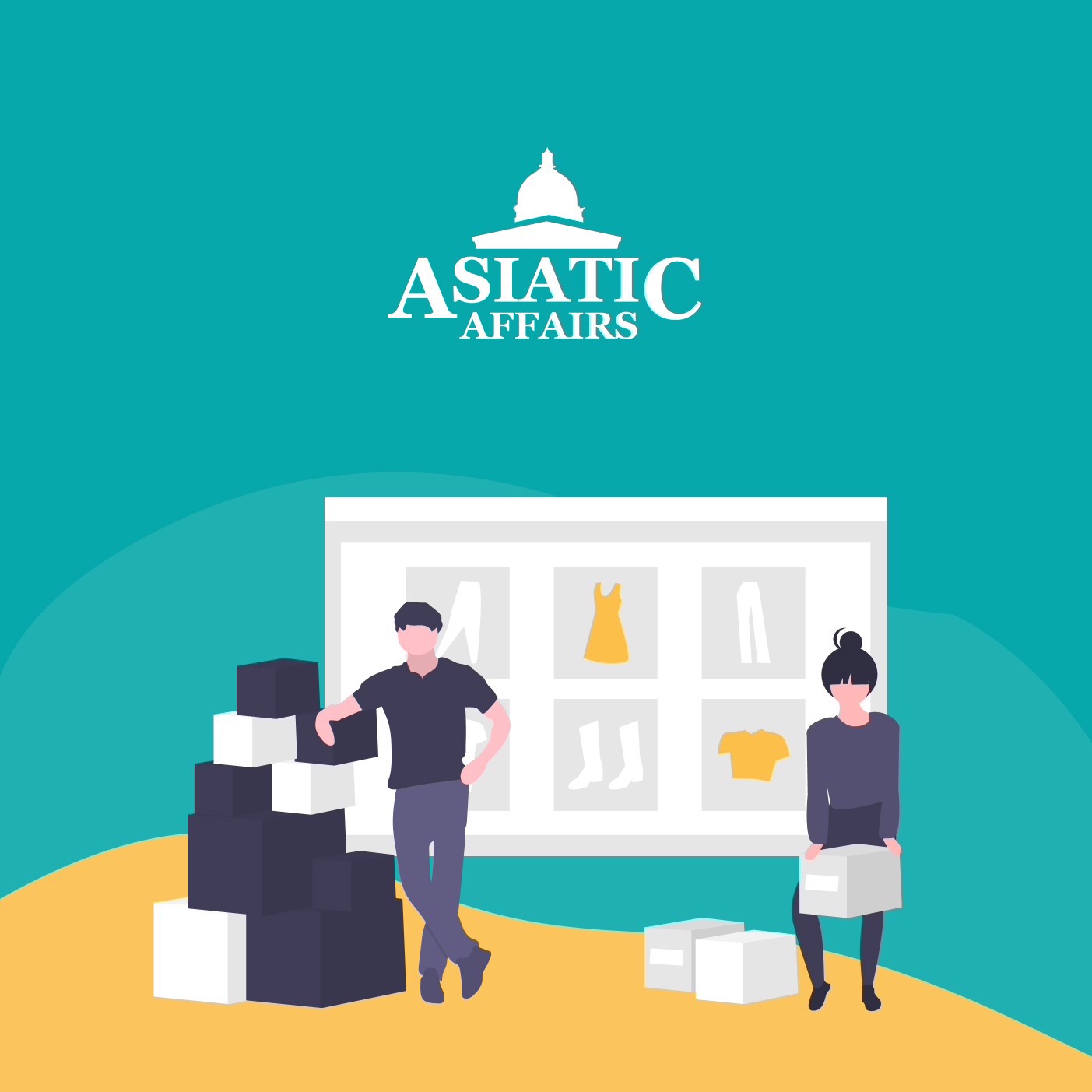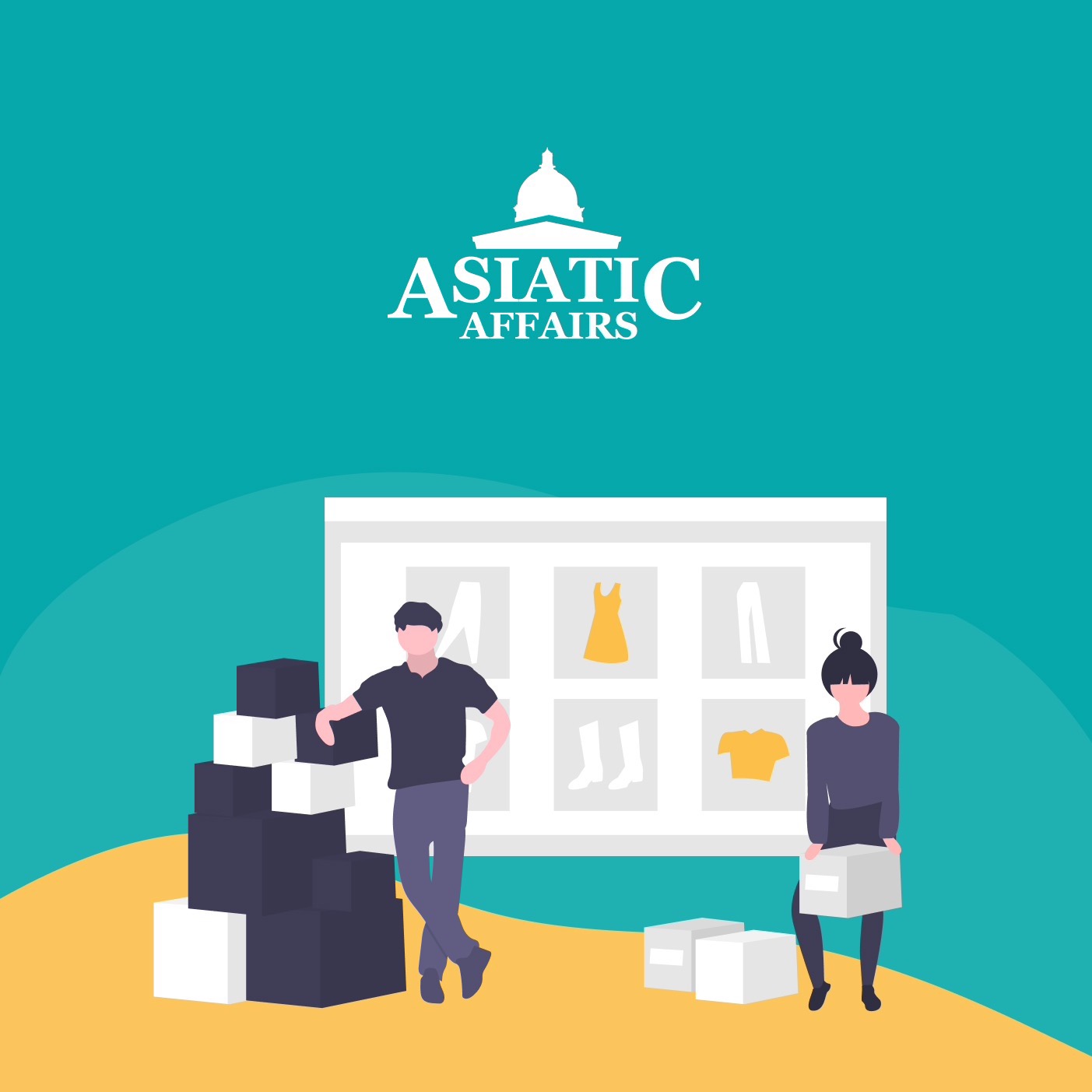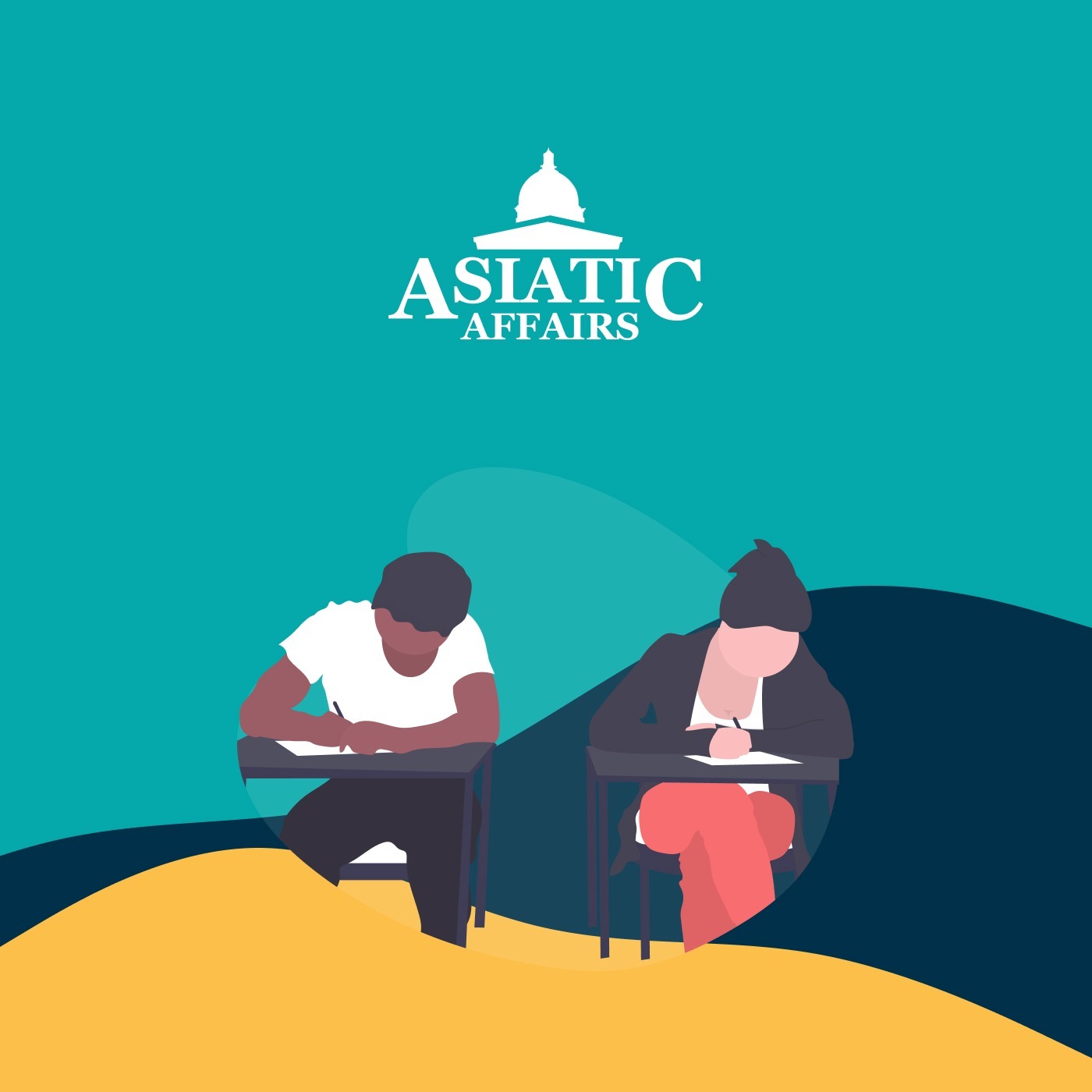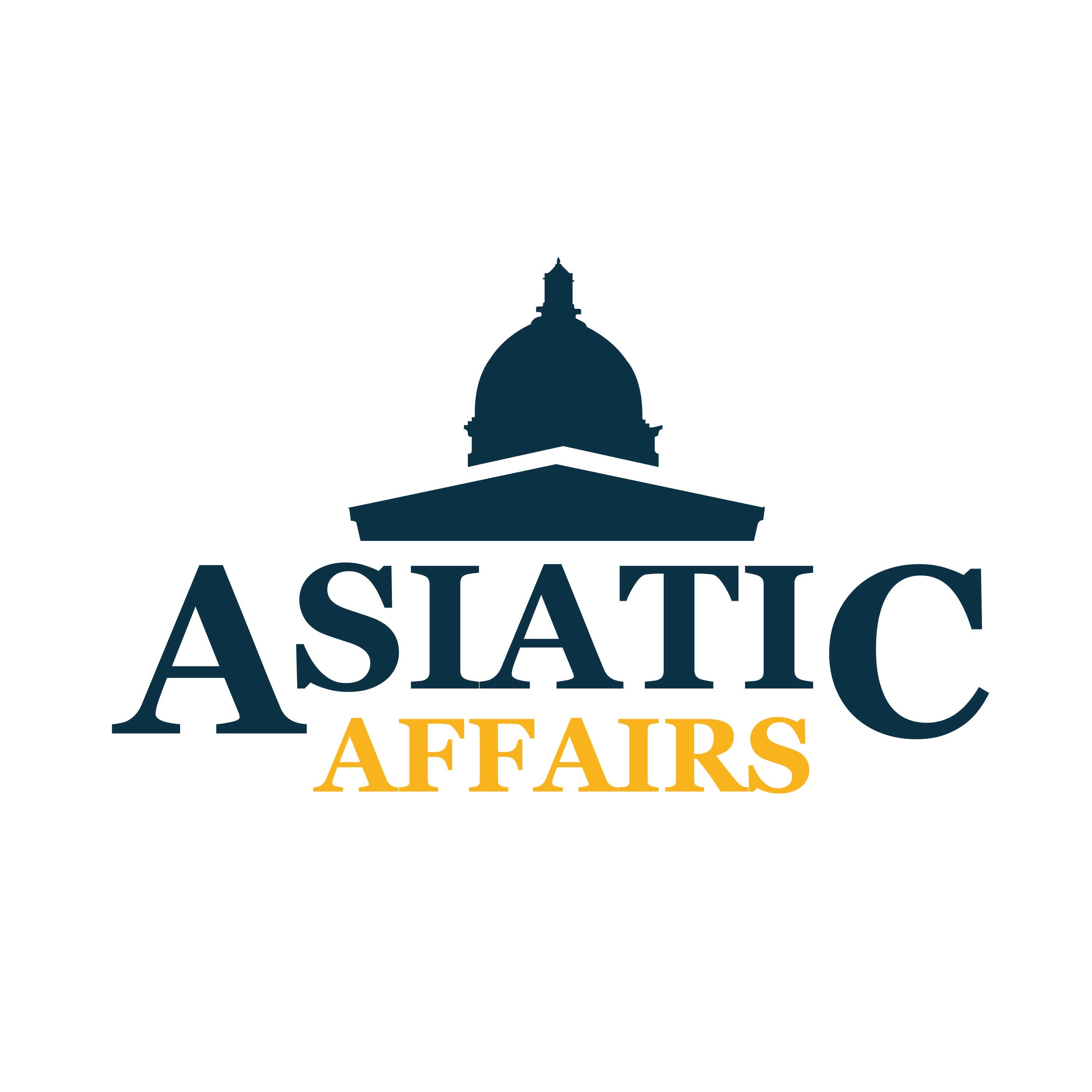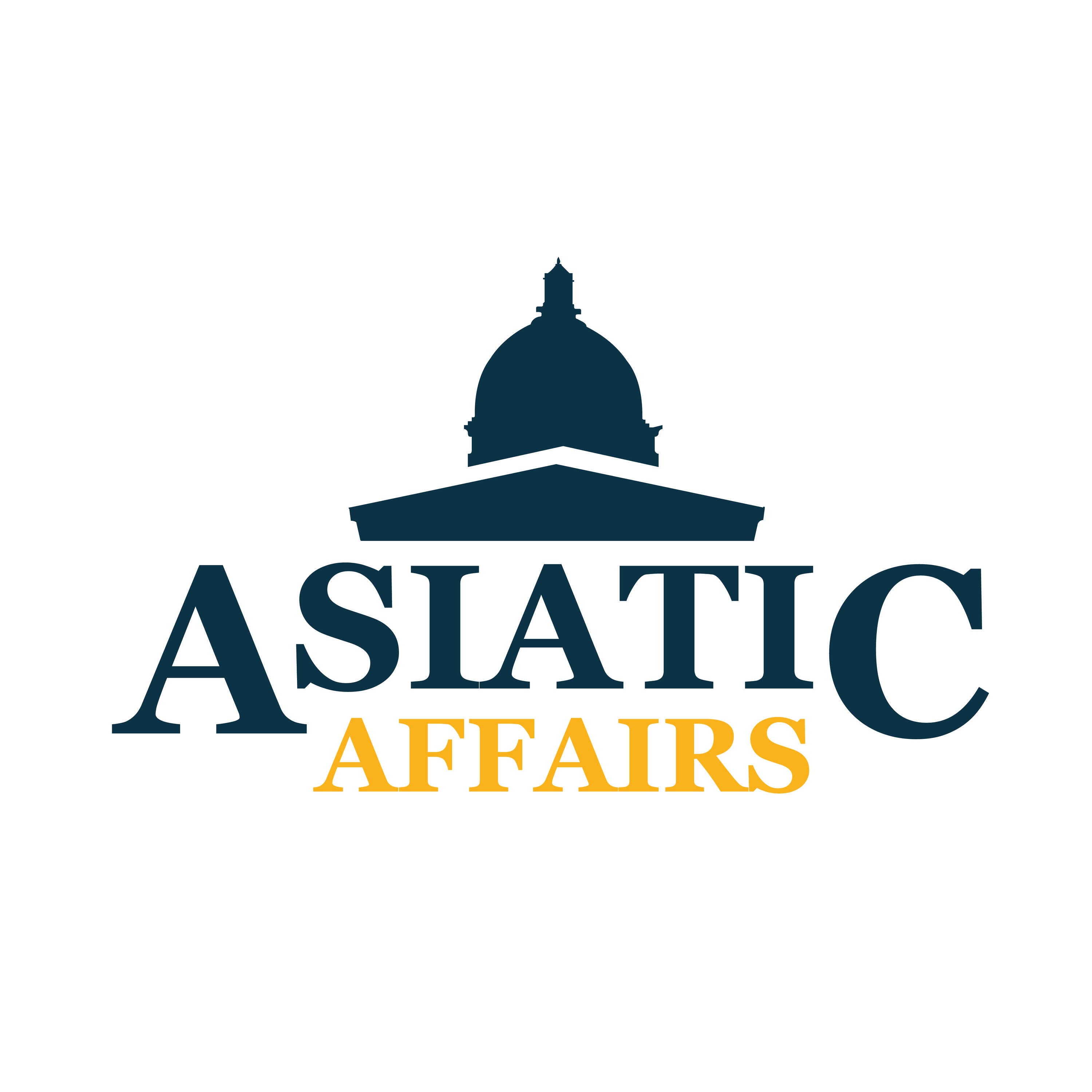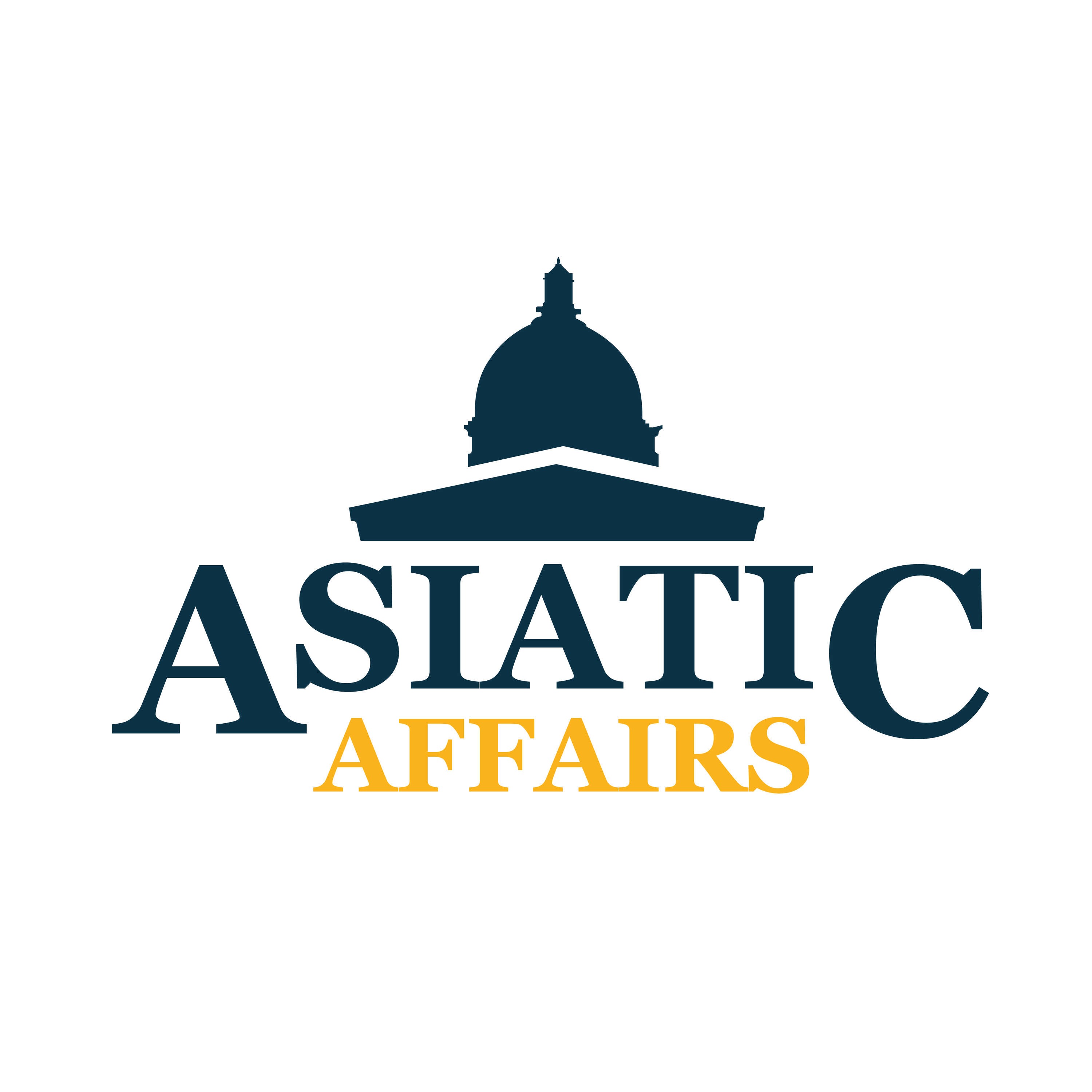Discover Narratives of Asia
Narratives of Asia

Narratives of Asia
Author: UCL Asiatic Affairs
Subscribed: 1Played: 6Subscribe
Share
℗ & © 2020 Narratives of Asia
Description
Welcome to Narratives of Asia, one of the four core columns in Publications at UCL Asiatic Affairs. This is our very own society podcast which accommodates an alternate approach to news and current affairs. Narratives of Asia aims to drive representation and encourage discourse by giving individuals the voice and platform to share their personal experiences and discuss social issues with their peers on a more casual platform.
Transcripts for all our episodes can be found here on our website: https://www.uclasiaticaffairs.com/narratives-of-asia
18 Episodes
Reverse
Exploring China’s diplomatic motivations, Taiwanese hacktivism culture and efficient government-led pandemic responses, this episode proffers a teaser for their recently published policy paper and offers introductory insight into the relationship between ideology, the state, and technology. Our affiliated research team from Bentham Brooks Institute discusses the deployment of digital surveillance models in India, exportation of Chinese surveillance strategies abroad and further highlights their potential repercussions for a post-pandemic society.
Joined by Doris Okenwa, member of the UCL Anthropology Department, in this episode, Karyn and Angela will be continuing with the topic of corporate social responsibility by honing in on the roles played by culture and demographic tensions in shaping the future of development in Africa. Addressing potential threats towards resource permanency and Africa’s green future, the episode ties together the past, present and future of investment in Africa. Doris Okenwa is also co-author of Land, Investment & Politics: Reconfiguring Eastern Africa's Pastoral Drylands.
Joined by Doris Okenwa, member of the UCL Anthropology Department, in this episode, Karyn and Angela will be introducing Doris’ research on Oil in Kenya whilst looking more closely at the practice of ethical capitalism and corporate social responsibility, as well as framings of development against a neoliberal backdrop in Africa. Doris Okenwa is also co-author of Land, Investment & Politics: Reconfiguring Eastern Africa's Pastoral Drylands.
Continuing our discussion of China-Africa relations, this episode focuses on the wider discourse surrounding China’s neo-colonial practices in Africa and beyond. The nature of China’s relations with many countries today has been frequently held in comparison to European colonial practices in the 19th and 20th century. Critiqued as a form of neo-colonialism, join our moderator, Angela, and Min Jing, a writer from UCL Asiatic Affairs, together with Lisa, Larissa and Stephen from UCL African Conference in examining the competing narratives behind this discourse.From China’s debt-trap diplomacy to US cultural hegemony, this episode examines recent changes to power relations in the global order. Engaging with state-centric realism and interests of dominance, this episode helps exemplify the various manifestations of apparent neocolonial practices on an international level, seen between China-Africa relations and otherwise. Music by scottholmesmusic.com
From infrastructural projects to the erection of military ports, China’s involvement in Africa as being purely an economic venture has long been contested. Similar to selected countries involved in China’s Belt and Road Initiative, China’s investment in Africa takes on a strategic character. However, its degree of compatibility with African governments’ interests is arguably undermined by differing motivations. Drawing from the previous discussion in episode 9.1 over China’s foreign policy towards Africa, our moderator, Angela, and Min Jing, a writer from UCL Asiatic Affairs, together with Lisa, Larissa and Stephen from UCL African Conference will be further exploring China’s Belt and Road Initiative and its role in African development in this episode. In addition to visible current implications, the episode extrapolates into the advancing economic frontier before deliberating over the future of the Project in Africa. Music by scottholmesmusic.com
The African debt crisis is often featured prominently within the China-Africa discourse but what does the term ‘debt crisis’ actually refer to? Being one of African governments’ largest creditor amassed from lending over the past two decades, China has invested in Africa more than any other government around the world and its investment is portrayed as a practice of ‘debt-trap’ diplomacy. Exploring the impact of Chinese investment on Africa’s infrastructural development, this episode engages with various interpretations of China’s investment in Africa, China’s practice of ‘debt-trap’ diplomacy and further contemplates the degree to which China is ‘good’ for Africa’s economy. From discussing the role of African governments’ acceptance of Chinese loans to China’s foreign policy towards Africa, join our moderator, Angela, and Min Jing, a writer from UCL Asiatic Affairs, together with Hafsa, Lisa, Larissa and Stephen from UCL African Conference, in a heated discussion, proffering a comprehensive introduction to current China-Africa relations. Music by scottholmesmusic.com
Signed 10 November, the Nagorno-Karabakh ceasefire agreement marked an end to the region’s conflict and hostilities that began earlier this year. Internationally recognised as part of Azerbaijan but governed by ethnic Armenians and backed by the Armenian government, Nagorno-Karabakh is a region in Central Asia characterised by intense ethnic clashes since the collapse of the Soviet Union. In this special episode of Narratives of Asia, we are joined by our very own Aysima Ahmadli, accompanied by Ulviyya and Maryam, who share with us stories of mutual support and peaceful coexistence between Azerbaijanis and Armenians despite the then tensions and hostilities between the two ethnic groups. Reflections from three distinct families offer memories of three respective generations. From scenes of deportation and ensuing generational trauma, to the previous loss and recent liberation of Susha, this episode helps to contextualise the Armenia-Azerbaijan conflict and extends the consciousness of the people engaged in one of the world’s oldest ongoing disputes to those of our own.
Remember the recent 11.11 sale? Did you make a purchase during then? In this episode, NOA hosts, Karyn and Jia Xin, are joined by a special guest, Charmaine, in a deep dive into the world of fast fashion. Do we, as consumers, consciously think of the environmental and social costs whenever we purchase a piece of clothing? How do we determine if brands are greenwashing or are truly dedicated to sustainability? In the second of a two-part series, our hosts and Charmaine discuss their thoughts on these questions where Charmaine also shares many tips and steps for those interested in becoming more consumption conscious.Music by scottholmesmusic.com
Remember the recent 11.11 sale? Did you make a purchase during then? In this episode, NOA hosts, Karyn and Jia Xin, are joined by a special guest, Charmaine, in a deep dive into the world of fast fashion. What is fast fashion? What drives the need to consume? What are some of the long standing environmental and social issues of the garment industry? In the first of a two-part series, these questions are answered as Charmaine shares her personal story with fast fashion and how she reconciles her creative outlet - fashion - with sustainability.Music by scottholmesmusic.com
The first term at UCL is officially starting, so it seems apt to look back on our schooling days and see how far we've come since the beginning of our education journey. In this casual and reflective discussion, our new hosts, Karyn and Jia Xin, delve specifically into Singapore's education culture: tuition, co-curricular activities, Asian parental expectations, the Gifted Education Programme and more.Music by scottholmesmusic.com
In the second of our two-part podcast series, ‘Three Hong Kongers On A Sofa: You, Me, We’, continuing from where we left off last time, we will be sharing yet another series of reflections. This time, the confessions focus more on social changes in both...
In the first of our two-part podcast series, ‘Three Hong Kongers On A Sofa: You, Me, We’, we will be sharing with you a series of reflections on last summer, touching on areas such as initial reactions to the movement, impact on daily life in Hong Kong...
In another episode of 'Narratives of Asia' we will be discussing Singapore and her coronavirus response by looking at what went right, what went wrong, and where do we go from here? We have with us a special guest Dr Anita Soosay, Aesthetics Medicine...
On another episode of Narratives of Asia, we will be continuing on our previous theme of Coronavirus and Racism. Due to a combination of media stigmatization and perpetuation of the virus origins, anti-Chinese sentiments have increased greatly across...
Following on from our previous discussion on the socio-economic impact of COVID-19 in China, South Korea, Singapore, Japan, India, Pakistan and Afghanistan, our second episode in this two-part mini-series will shift our focus on the Middle East. Episode 2.2 is an in-depth analysis of issues such as the diplomatic developments between countries in the region and the US over trade and exports, the fall of oil prices in the Gulf Cooperation Council region, Palestinian and Israeli cooperations in their efforts to contain the coronavirus, as well as looking closely at regions like Yemen and how they are coping under the pressures of the pandemic.
With more than half of the world’s population in lockdown and a disproportionate amount of the world’s economy brought to a standstill, the likelihood of a long and deep coronavirus-sparked global economic recession increases on the daily. On another episode of Narratives of Asia, we will be looking into the socio-economic impact of COVID-19 in the Asiatic region. Our geographical focus will include countries in East Asia, South East Asia, South Asia as well as the Middle East. In this episode, we will cover issues such as China’s global economic integration, impact of COVID-19 on the travel and tourism sector. And, finally, dispel the myth behind the uncannily low numbers of cases detected in South Asia.
On Episode 1.2, we have with us Elizabeth Yan, a first-year Politics and International Relations student to further our discussion on the coronavirus outbreak and its social impact. She shares with us the unique experiences she acquired when reflecting on social attitudes towards mask-wearers. She further shares with us some advice on coming to terms with the aggression, judgment and hostility felt from non-mask wearers.
In the first episode of Narratives of Asia, we will be hosting a two-part series discussing the coronavirus outbreak and its social impact. Since the outbreak, we have noticed a sudden rise in explicit racism and xenophobia towards Asians. On Episode 1.1, Yoojin Lee, first-year Law student at UCL, will be sharing with us her experiences growing up as the ‘racial minority’ as well as her perspectives on social media aggravation of racist and xenophobic attitudes.


